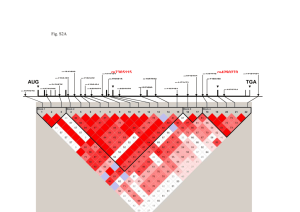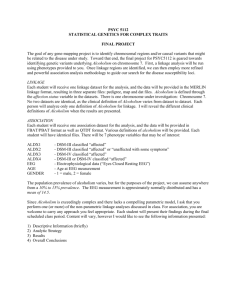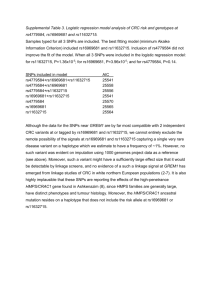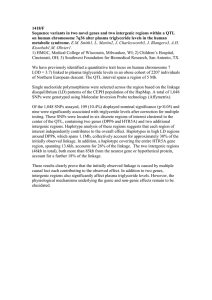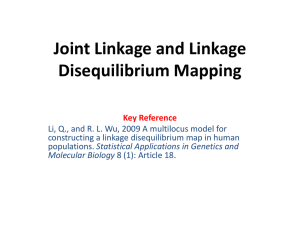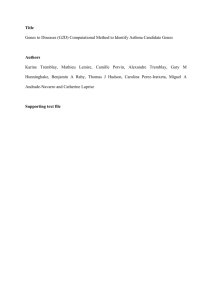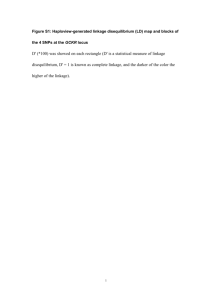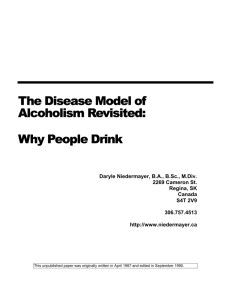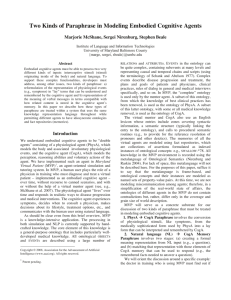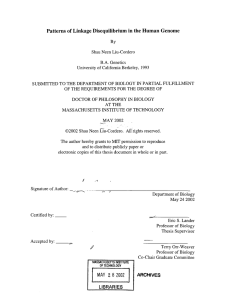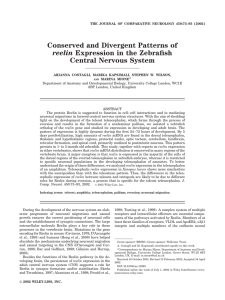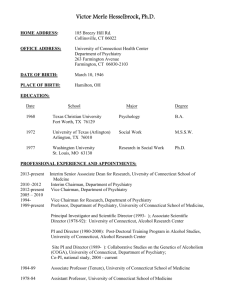Genetic Association Analysis of Secondary Traits of Hypertension
advertisement
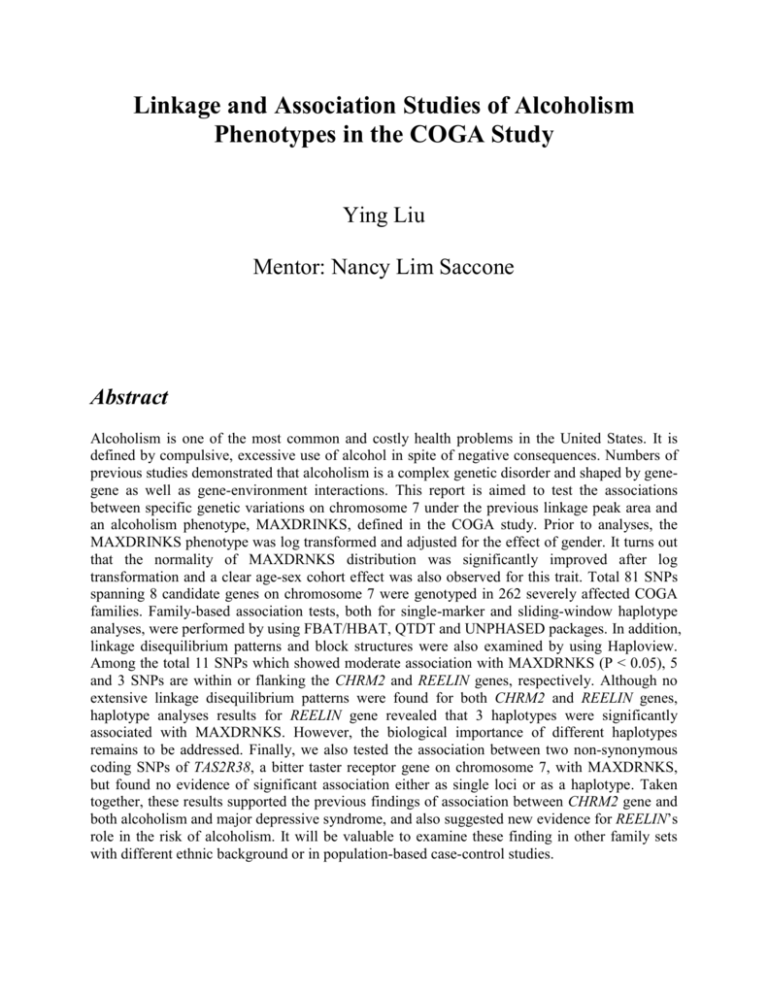
Linkage and Association Studies of Alcoholism Phenotypes in the COGA Study Ying Liu Mentor: Nancy Lim Saccone Abstract Alcoholism is one of the most common and costly health problems in the United States. It is defined by compulsive, excessive use of alcohol in spite of negative consequences. Numbers of previous studies demonstrated that alcoholism is a complex genetic disorder and shaped by genegene as well as gene-environment interactions. This report is aimed to test the associations between specific genetic variations on chromosome 7 under the previous linkage peak area and an alcoholism phenotype, MAXDRINKS, defined in the COGA study. Prior to analyses, the MAXDRINKS phenotype was log transformed and adjusted for the effect of gender. It turns out that the normality of MAXDRNKS distribution was significantly improved after log transformation and a clear age-sex cohort effect was also observed for this trait. Total 81 SNPs spanning 8 candidate genes on chromosome 7 were genotyped in 262 severely affected COGA families. Family-based association tests, both for single-marker and sliding-window haplotype analyses, were performed by using FBAT/HBAT, QTDT and UNPHASED packages. In addition, linkage disequilibrium patterns and block structures were also examined by using Haploview. Among the total 11 SNPs which showed moderate association with MAXDRNKS (P < 0.05), 5 and 3 SNPs are within or flanking the CHRM2 and REELIN genes, respectively. Although no extensive linkage disequilibrium patterns were found for both CHRM2 and REELIN genes, haplotype analyses results for REELIN gene revealed that 3 haplotypes were significantly associated with MAXDRNKS. However, the biological importance of different haplotypes remains to be addressed. Finally, we also tested the association between two non-synonymous coding SNPs of TAS2R38, a bitter taster receptor gene on chromosome 7, with MAXDRNKS, but found no evidence of significant association either as single loci or as a haplotype. Taken together, these results supported the previous findings of association between CHRM2 gene and both alcoholism and major depressive syndrome, and also suggested new evidence for REELIN’s role in the risk of alcoholism. It will be valuable to examine these finding in other family sets with different ethnic background or in population-based case-control studies.
